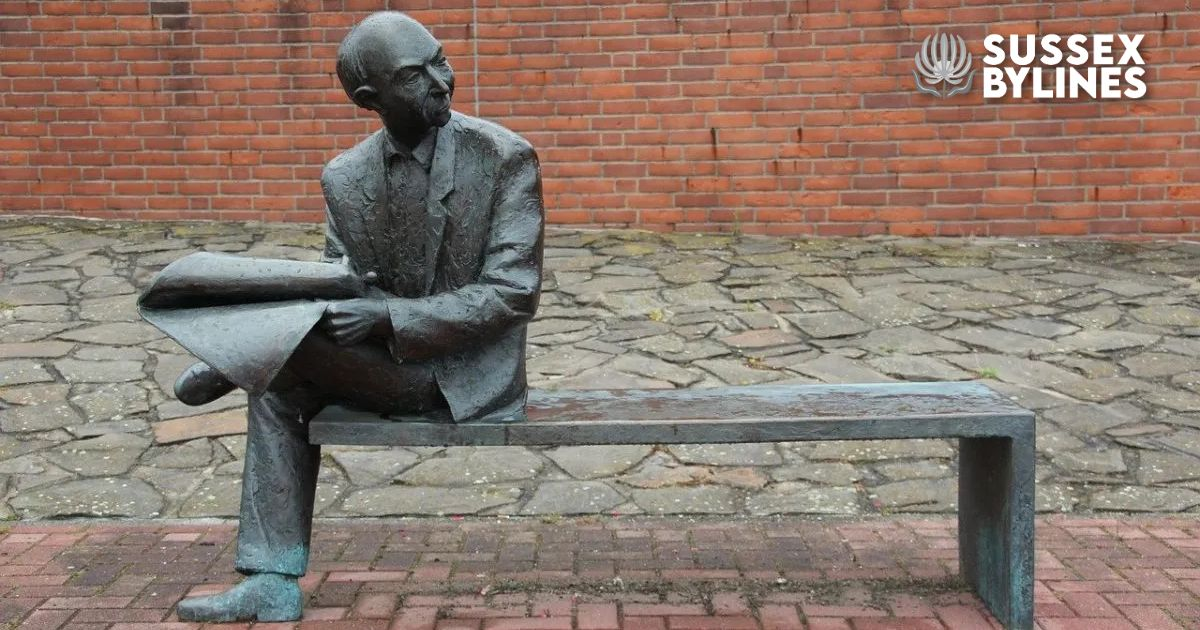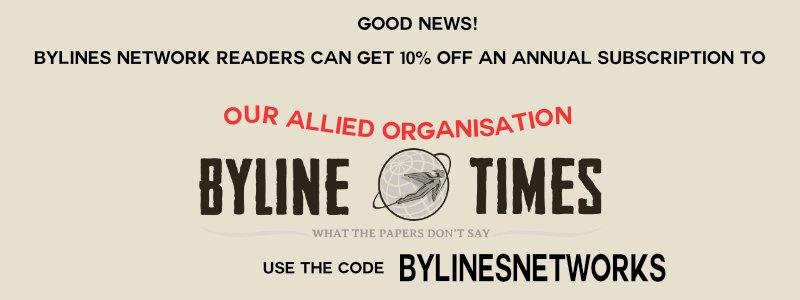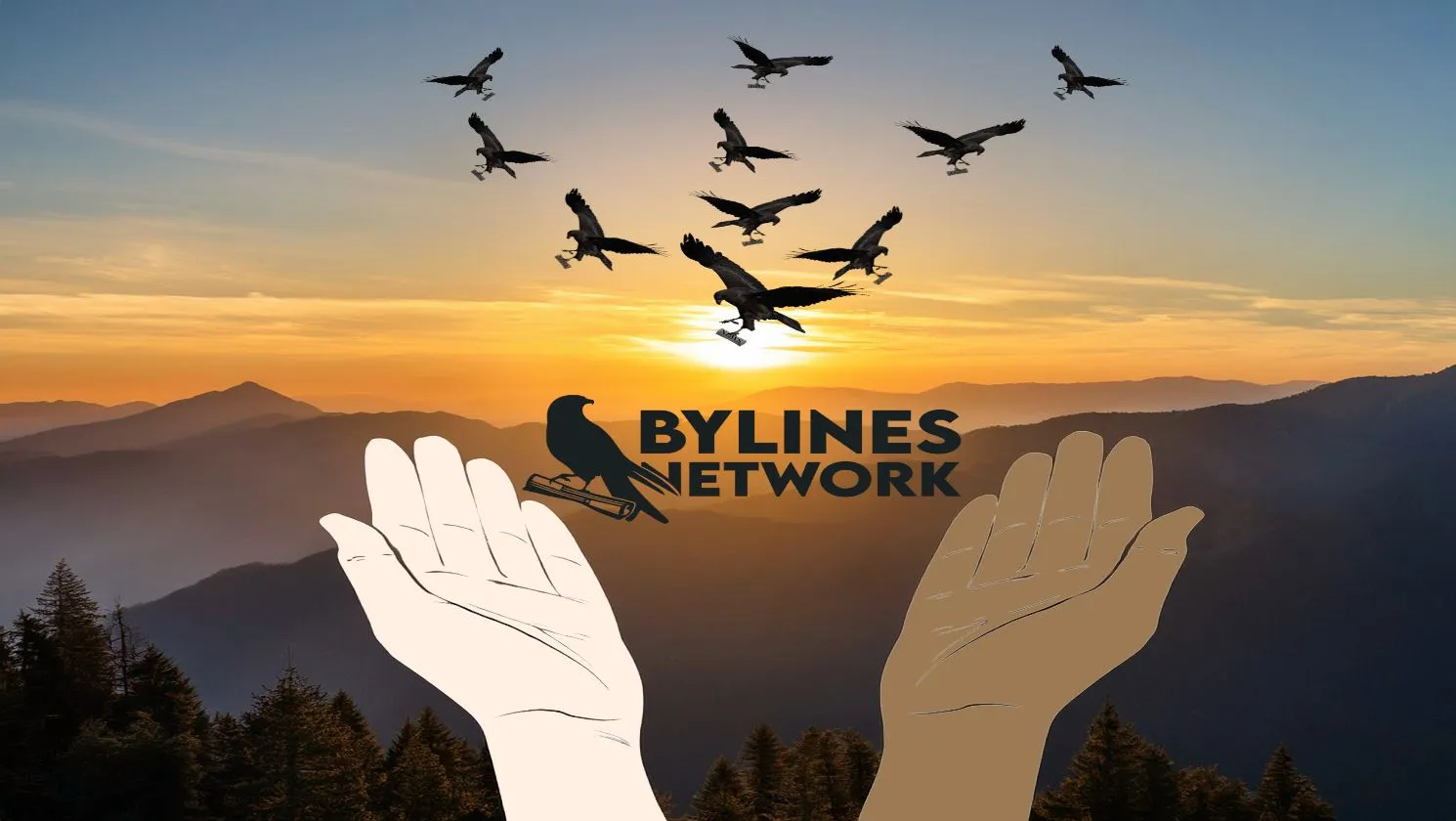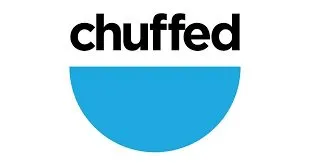Disenchantment with politics is commonplace. “It’s boring”; “They are all the same”; “They do not understand what life is like for people”.
Perhaps comments like these are justified, but to one degree or another politics is vital to everyone. It determines what a nation’s defences, justice, trade, transport, energy, environment and so much more are like and what taxes we pay. In any society, someone has to do this. In our society, a democracy, we even get a say in who.
Politics is important and should be conducted in keeping with this importance. In order to exercise the right to vote, we need facts, information and honesty, not just slogans or misleading promises.
Look back at how Brexit and the 2019 election were won by the liar Johnson and his disciples. “Client journalists”, who Peter Oborne defined as “legitimising power”, were fed a barrage of deliberate misinformation (e.g. £350mn bus; 75 million Turks), which they were happy to repeat as headlines. The more sensational the lies, the more publicity they gained. The proprietors and editors of the right-wing press were as responsible as the political flag-wavers.
Conservative leaders have continued feeding the right-wing press slogans and populist fantasy policies with which to attract votes, rather than delivering policies for a better society.
Just three companies, News Corp (Murdoch family), Daily Mail & General Trust (DMGT, Viscount Rothermere) and Reach plc, control over 80% of daily newspaper circulation and the owners of the rest include a Russian plutocrat, all answerable to nobody and with no concern for democracy. The hyper-rich continue to invest huge sums in acquiring control of media, in order to further their personal ambitions but surely not for social good.
With circulation of newspapers in long-term decline, this may seem like poor judgement. Why would they do this for shrinking returns? Because the return they seek is not about money but influence. Front pages of mainstream papers achieve influence by setting the day’s agenda for broadcast and social media, even when spreading lies which favour the agendas of the owners and their political clique.
Equally or worse, the new media platforms X and Meta belong to transatlantic mega-egos, racing towards use of AI for content and conspiracy theories to guide their editorial policies. This matters because of the damage it can do to democracy.
If we the people cannot trust the media through which we seek truth, how can we exercise our votes? We should have a free press, defined by its spreading of “information that is not manipulated“, based on evidence; a willingness to stand up to power and for freedom of expression, with diverse viewpoints respected. It must be free from state interference, especially if this includes the spreading of untruths.
Today’s politics says: “If you are not with me you are against me”. Press freedom and free speech are interpreted as allowing only the freedom to say what the powerful want, without reply or balance.
The Press Gazette publishes the findings of its annual international survey of the trustworthiness of nations’ media. This year it found that 64% respondents regard journalists as trying to mislead; and that this country came last for trustworthiness in a league table of 28 nations.
As to newspapers’ long-standing role in holding politicians to account even at council level, the Public Interest News Foundation describes local press as “comprehensively dead now. There is a very real problem for democracy”.
So democratic are the instincts of our leading media that on 6 July, just two days after the vote for a Labour landslide, the Mail’s favourite columnist wrote: “Here’s my 10-point guide to bashing Labour.”
There has to be a place for evidence-based reporting, for sources of verifiable facts to which those drowning in the morass of AI-generated social media or vested interest can turn even when this is uncomfortable for those in power.
All is not lost, though. The Guardian stands out as a daily purveyor of knowledgeable, informed evidence. Private Eye continues to excel in investigative journalism and deflation of the over-mighty. Brexit and new technology have spawned a clutch of newcomers to the ranks of the free press. The New European fights an honest rearguard action post-Brexit, while this publication’s family, the Bylines Network, seeks and spreads truth and expertise throughout the country, professionally investigated, written, edited and produced in a variety of media.
These publications together are a small but credible bastion against the malign and misleading mainstream, which is so important not merely to protect our national politics from bad actors, but also to inform both this nation and a wider world of the robust information and facts affecting our futures, through an ethos of investigation, transparency, good writing and freedom from vested interests.
The people are entitled to the truth, especially if we are to avoid being blindly led into catastrophes like Brexit in future, let alone to reverse it or just to sustain democracy. The presence in the corridors of power of vested interests, pedlars of conspiracy and partisan decision-making represent a greater than ever need for a free press.
This is a shortened version of a keynote speech delivered to the Eastbourne European Movement earlier this month.
Also by Tom Serpell
CLICK HERE TO DONATE TO OUR CROWDFUNDER
HELP US BECOME STRONGER SO THAT WE CAN CONTINUE TO DELIVER POWERFUL CITIZEN JOURNALISM!








